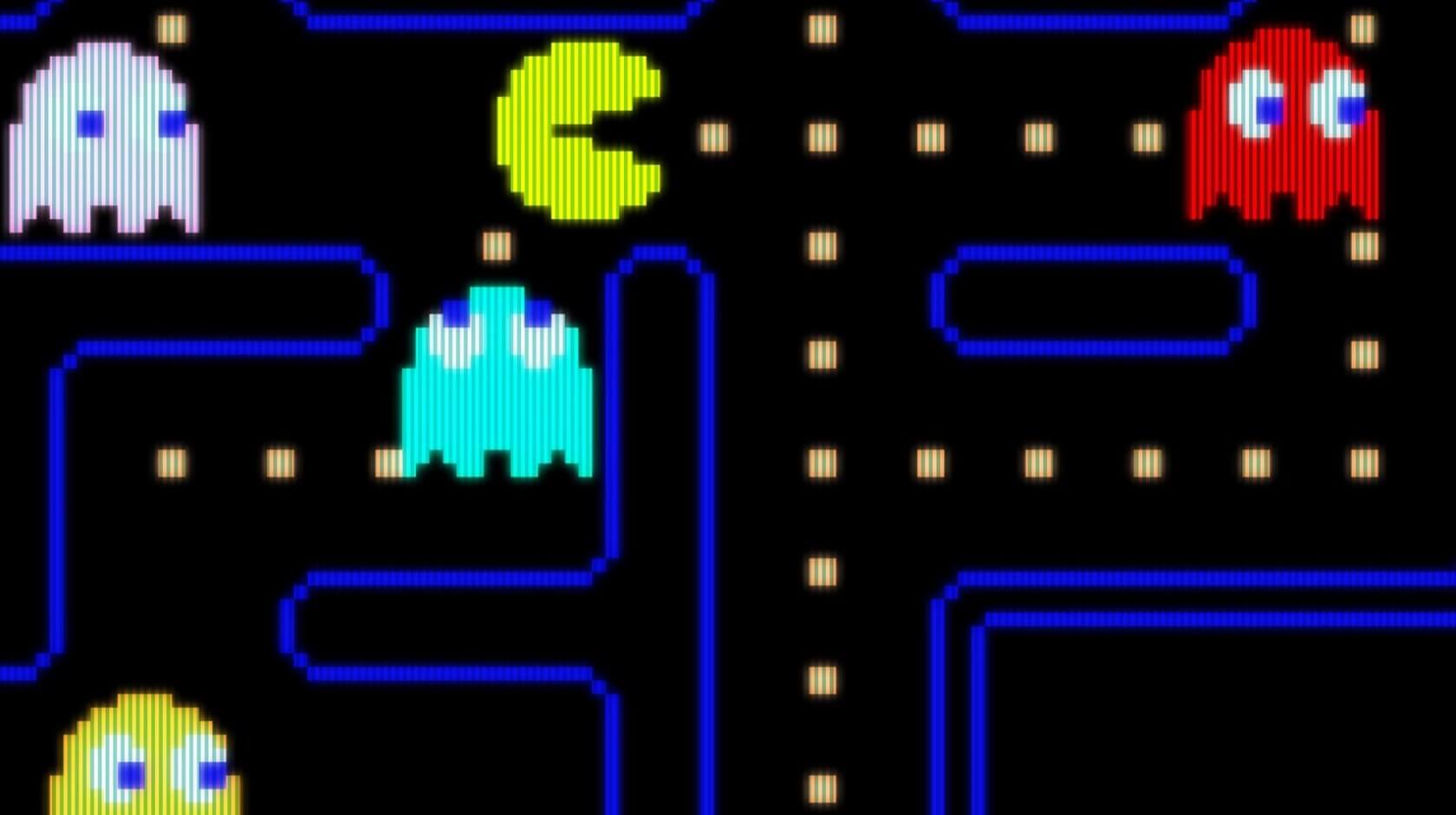In context: Artificial intelligence has come a long way over the years. It's now used by giant tech corporations like Google and Facebook to moderate their platforms, and it's even managed to beat some of the world's top board and video game players. However, one thing AI can't do is recreate those games – right?
Up until now, that's seemingly been the case, but one Nvidia-created AI is challenging the norm. To celebrate Pac-Man's 40th anniversary, the hardware maker fed a computer farm a whopping 50,000 "episodes" of gameplay from the title – but not to teach it to be a better player.
Instead, Nvidia taught its AI to recreate a playable version of Pac-Man within a matter of days. Impressively, it did so without being given a single line of the game's source code. It seems that, after watching all that gameplay, the AI was able to figure out not just how the game looks, but how it's supposed to function – it determined what power-ups are, what movements are allowed in which areas, and how the antagonistic ghosts behave.
Obviously, the quality of the end result isn't perfect, and we certainly don't expect to see Nvidia's AI – called GameGAN – recreate the likes of the Witcher 3 or Skyrim anytime soon, but it's fascinating to see what this technology is capable of.

"This is the first research to emulate a game engine using GAN-based neural networks," Nvidia researcher Seung-Wook Kim explains. "We wanted to see whether the AI could learn the rules of an environment just by looking at the screenplay of an agent moving through the game. And it did."
Researchers were particularly impressed that the AI accomplished this without access to a game engine, and they're excited to see what the feat's implications might be down the line. "This research presents exciting possibilities to help game developers accelerate the creative process of developing new level layouts, characters and even games," said Bandai Namco Research worker Koichiro Tsutsumi.
We look forward to seeing how far this AI will advance in the future. In the meantime, Nvidia plans to release this project to the public via its AI Playground webpage later this year, so stay tuned for that.